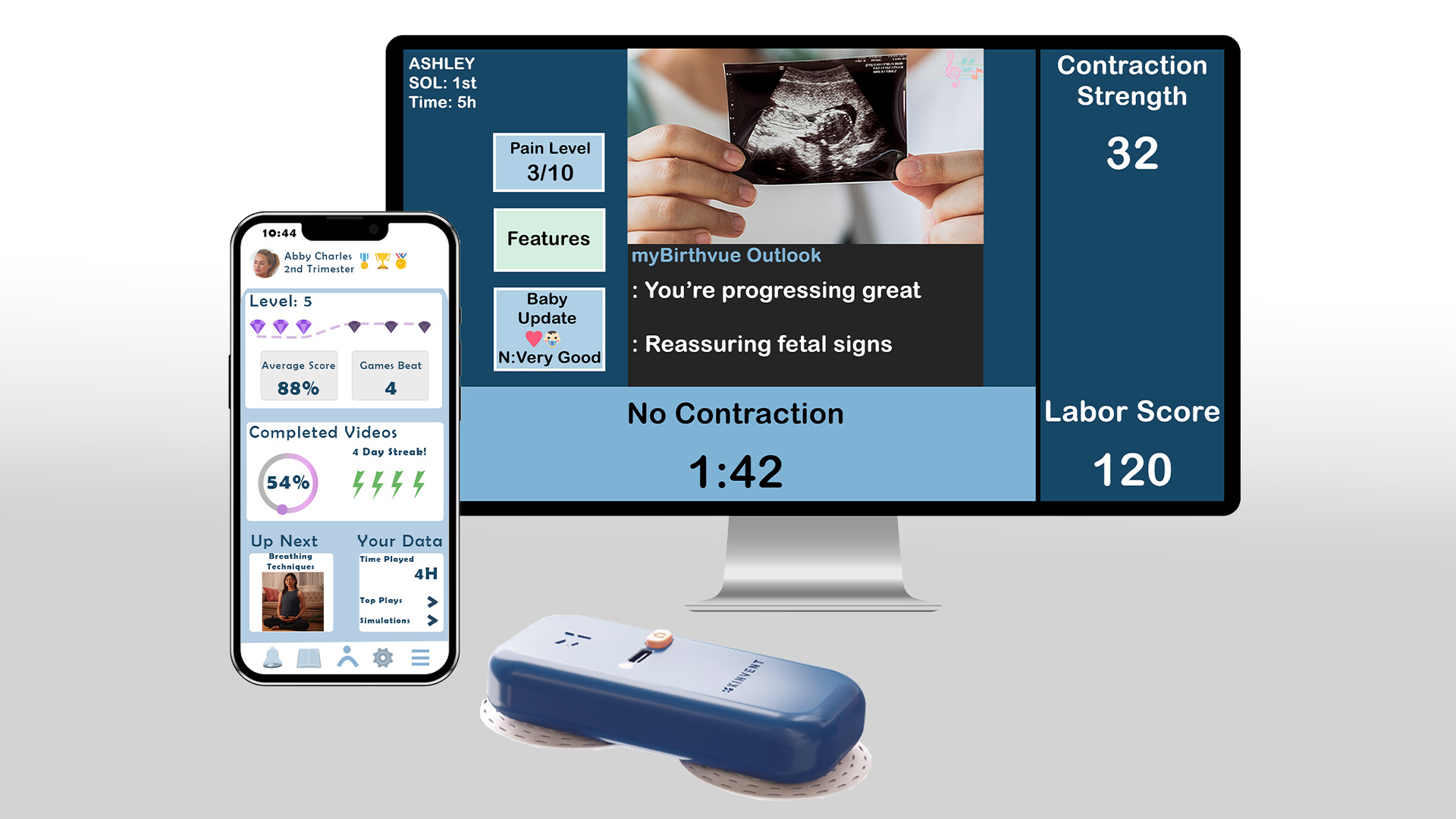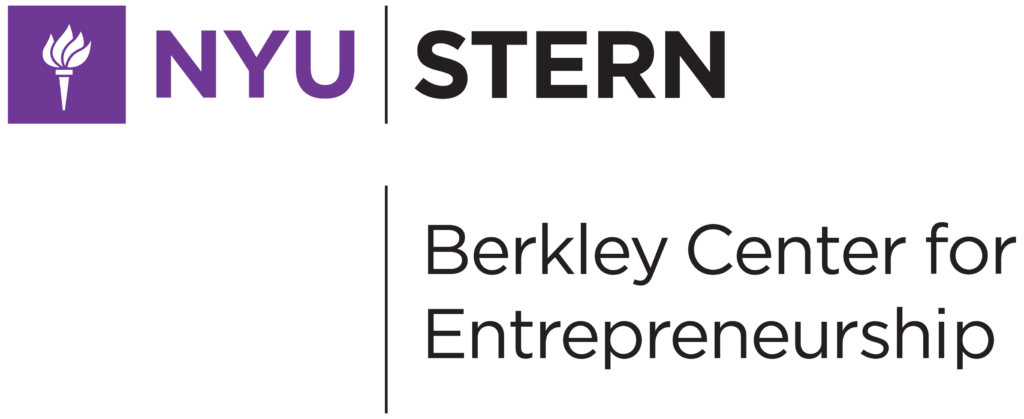

It’s common knowledge that the US healthcare system has many problems. Despite spending more than any other country in the world, $4.7 trillion — or 18 percent of the national economy in 2023, there is not a commensurate return in overall population health. What many people don’t see are the stark disparities in care experienced by disadvantaged groups and regions of healthcare deserts. New technology has the potential to help, but could widen this divide if not equitably implemented.
The initial inspiration and motivation that started Birthvue stemmed from one of these inequities: the disproportionately poor maternal outcomes for women of color. Improving this situation is deeply personal to the co-founders, Roshane Sasson and Helene Rutledge.
Birthvue is an AI-based digital health platform designed to transform maternal care by addressing information asymmetry during labor and delivery ensuring better outcomes, reduced stress, and optimized care for patients and providers. By digitizing best practices, Birthvue strives to democratize access to quality healthcare for all moms, and reduce the resource and financial strain on clinicians and the overall healthcare system.
Roshane Sasson first learned about the dismal statistics when he was studying computer science at Penn State. When choosing his capstone project, he learned that women of color are three times as likely to die in childbirth and twice as likely to lose their babies, which was a shock to him as a black man. He decided to work with an OB at Hershey Medical Center to apply his expertise in AI algorithms to the problem. He got a glimpse of the complexity of the healthcare system, including inadequate resources and clinician burnout. He was also confronted with outdated technology and a mindset of the mom as a patient and not an active participant in the birth. He sought to find a root cause solution that could alleviate multiple pain points leveraging technologies to improve efficiency and improve outcomes.
The spark for the idea was one particular factor that could be impacted during labor: failure to progress. When labor stalls, it increases the likelihood of a potentially unnecessary/emergency C-section. He also learned that there were actions moms could take to stop labor from stalling, and he created a proprietary algorithm to predict contractions and guide moms through the stages of labor with actionable coaching.
In concept, this algorithm could help both moms and clinicians using the same source data, providing both a patient interface and clinician dashboard for patient triage and decision support. Then, he met his co-founder, Helene Rutledge, a mother of two who had her own difficulties with childbirth despite being a healthcare industry veteran, and brought her in to translate the MVP into a business plan for a scalable company, including a care plan for moms that started before birth and supported her and her baby postpartum.
Throughout Helene’s career as a senior executive in healthcare, she has been dissatisfied with the pace of change and the inability to focus on preventative health in a sick-care, fee for service environment. In her time leading Global Open Innovation at GSK, she was the liaison with MIT Media Lab and got an early glimpse of the power of digital health, but it was too early in the adoption curve. As a specialist in Innovation and Product Development and with an engineering mindset to solve complex problems, she decided that the best way to create disruptive change was from outside of big corporate incumbents and became a serial entrepreneur.
In Helene’s second start-up company, Mend Nutrition, she created a program for Total Joint Replacement that paired doctor-recommended care plans with clinical nutrition and nurse and dietician coaching, delivered digitally to patients for asynchronous care. When she met Roshane, they discovered this experience was directly relevant to Birthvue’s aspiration to educate moms in advance of their labor and support them postpartum. The core of Birthcare support includes the 6-month patient journey: from third trimester to three months postpartum which mirrors the surgical preparation and recovery journey Helene created at Mend.
Birthvue’s first product launch is the Digital Doula, and phase one is about to go into beta-testing with moms. It has been proven that doula and midwife supported births have a lower C-section rate and the Digital Doula strives to provide support and comfort both alongside human doulas or to be there for moms who can’t afford one.
We are excited to be part of the Stern Venture Fellows 2024 summer cohort to bring our Vision of Empowering Maternal Health Through Technology and Compassionate Care into focus so all women will have access to a birth without fear.

